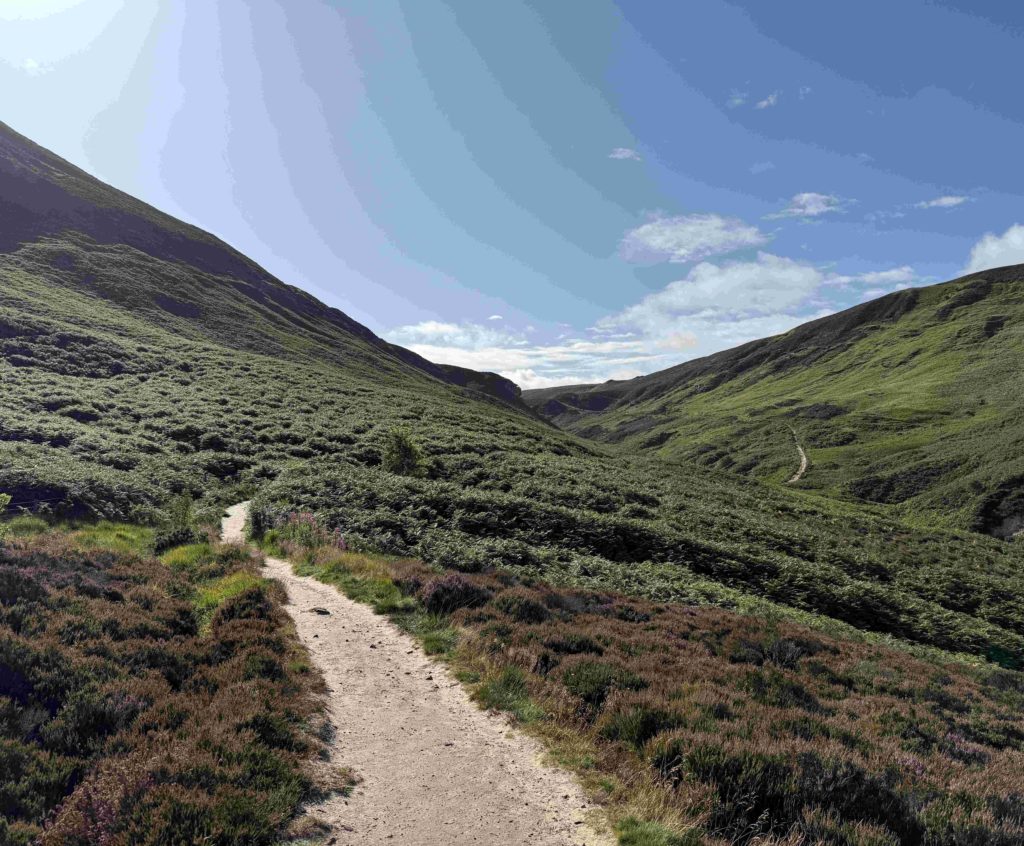
I’ve been to a few technical conferences in my non-writing career. At first, I thought the value of conferences was straightforward: exposure to new ideas, the latest trends, clever solutions, networking. Like learning in school. But the real value wasn’t in the slides or the Q&A.
It came from the enforced pause. Sitting in the audience, notebook in hand, I found my mind drifting. Not drifting away from the talk, but sideways. While the speaker worked through a problem, I thought about my specific issues. While they told stories about common challenges, I began sketching out my own solutions. I took notes on mostly of my own ideas.
Reading The Writer’s Notebook gave me a similar opportunity. I stumbled across a second-hand copy at Powell’s (published in 2009…it came with a CD). The book collects seventeen essays on exploring character, place, editing, memoir, etc. Some are full of examples from famous authors; others are more personal. But each created the same effect as those conferences: a quiet space where my mind could wander into my own work.
One of my biggest complaints about my writing process is that I don’t carve out enough uninterrupted time. Yet on a slow weekend morning, coffee in hand, I found myself reading these essays and staring into space, thinking about my stories. Sometimes I put the book down after only a few pages, not because the essay failed, but because it succeeded.
One essay in particular stopped me cold. Antonya Nelson’s “Lost in the Woods” examines the classic story structure of characters entering the woods, literal or metaphorical, searching for one thing and finding another. I nearly spilled my coffee. My current story follows two characters doing exactly that. Embarrassingly, I hadn’t recognized the lineage. I didn’t lift anything directly from Nelson, but her essay forced me to see my work inside a larger, classic framework and to lean harder into the tension between what my characters want and what they’ll discover.
That’s the uncommon value: not direct instruction, but the conditions to think more deeply. Just as a conference gives me time to reflect on work while not at work, this book gave me time to reflect on writing while not actively writing. Somewhat related to the order of things.
Now I’m searching for more books like this—essays and reflections that create space, that nudge the mind sideways into its own terrain. Serendipitous topics that don’t just teach but expand.
